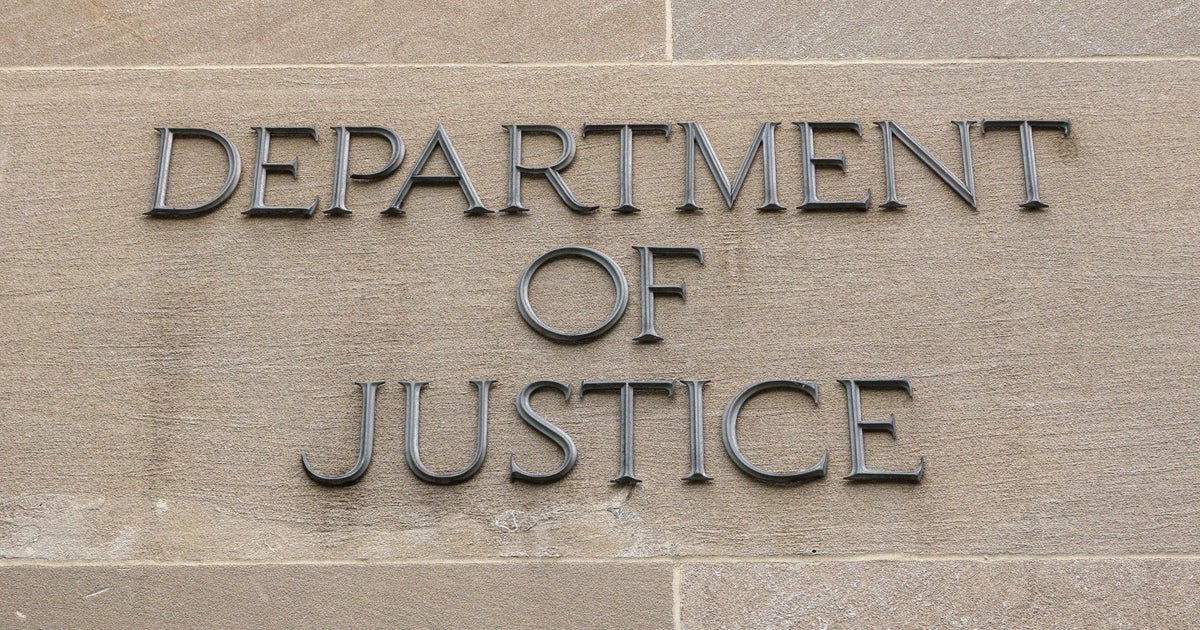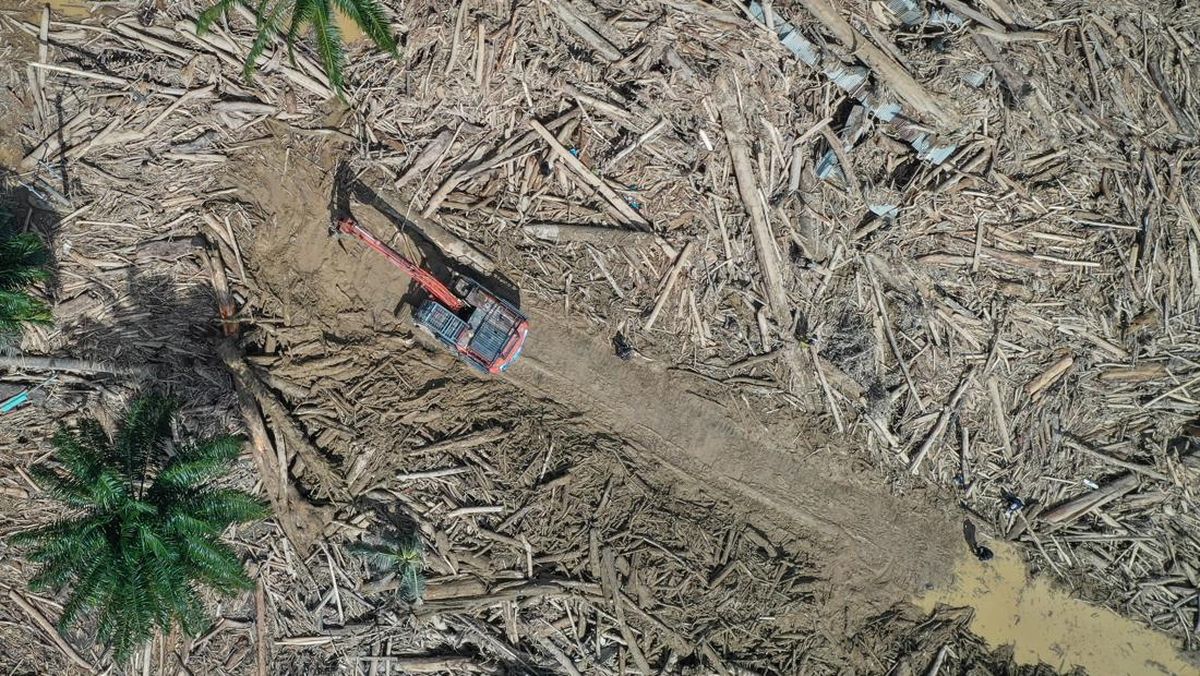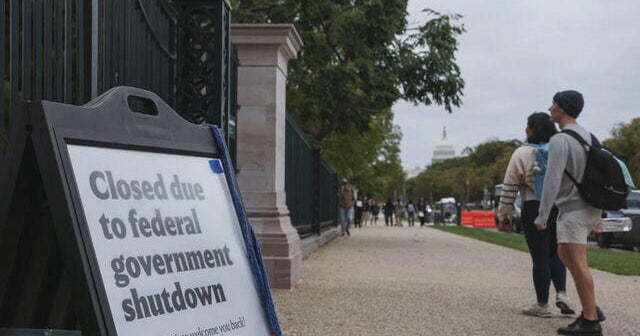Former Labor minister says environment reforms will be abused by future governments
Former Labor minister Ed Husic has broken ranks with the government to warn that its environmental reform could create sweeping powers open to abuse by future Coalition governments, as Environment Minister Murray Watt prepares to introduce the laws on Thursday.
Husic, now on the backbench after he was dumped from the industry portfolio in May by Prime Minister Anthony Albanese, raised concerns about reforms to expand so-called national interest powers to approve major projects and override environmental checks.

Labor MP Ed Husic.Credit: Alex Ellinghausen
“We’re going to give them the power to override environmental laws in what is called the national interest,” Husic told ABC News’s Afternoon Briefing. “That’s a really consequential power.”
“One scenario could be, for instance, the AUKUS arrangements require us to open up a new uranium mine. If it doesn’t meet the test, do we say on the basis of strategic national interest, we’ll let the mine go ahead, even if it’s assessed as having unacceptable impact?”
Loading
Former opposition leader Peter Dutton said in March that he would use the national interest powers to fast-track approval of Woodside’s North West Shelf gas plant in Western Australia.
Husic said his concerns related only to a future Coalition government and did not apply to his Labor colleagues.
Opposition Leader Sussan Ley has criticised the reform and wrote to Watt with a demand that he split the bill because the opposition would only support “practical measures to streamline approvals” and warned that the impost of Watt’s new nature protections was too high.
Watt will deliver a speech on Thursday to mark the entry of his reforms to parliament, where he will state that the new laws are critical to halt Australia’s world-leading record of species extinctions.
“Without urgent action and a full reform package, we risk losing our native wildlife and iconic natural places for good,” he will say, according to provided excerpts of his speech.
Watt could pass his bill into law with support in the Senate from either the Coalition or the Greens, and has urged them to put aside partisan politics.
He accused the Greens of policy “absolutism” and leveraging criticism of his reforms as “a fundraising vehicle to win back the seats they lost”. Watt said the Liberals were “advocating a split bill, to avoid a split party room, and angering business groups in the process”.
“It’s no wonder environmental law reform in Australia has proven to be one of the hardest tasks in politics,” Watt said.
National interest powers exist in the current Environment Protection Biodiversity Conservation Act, which largely relate to natural disaster-related actions, like avoiding a lengthy assessment process for works such as clearing dangerous trees near roads after a bushfire.
The reforms proposed by Watt introduce a new provision for “national interest proposals” that could select projects, which could include mines or wind farms, that are of strategic importance and exempt them from environmental assessment.
Loading
Husic’s warning echoed concerns that have been raised by a number of conservation groups.
Biodiversity Council chief executive James Trezise said future environment ministers would face unprecedented pressure from industry to use a national interest exemption for their projects.
“The government is giving itself sweeping powers to override any protections it might put in place for nature,” Trezise said.
“The government promised to rebuild trust and integrity through clear rules for decision-making – this proposal suggests it’s already forgotten why that matters.”
Conservation groups have stressed that the bill would also deliver crucial new protections for the environment, and business groups have welcomed Watt’s moves to streamline project assessments to speed project development.
The most contentious issues for industry are an “unacceptable impacts” test that could enable the environment minister to veto projects, a requirement to guarantee all damage to nature is offset by investment in environmental protection, and the powers of a new national watchdog to impose fines for breaches.
Cut through the noise of federal politics with news, views and expert analysis. Subscribers can sign up to our weekly Inside Politics newsletter.
Most Viewed in Politics
Loading


















































